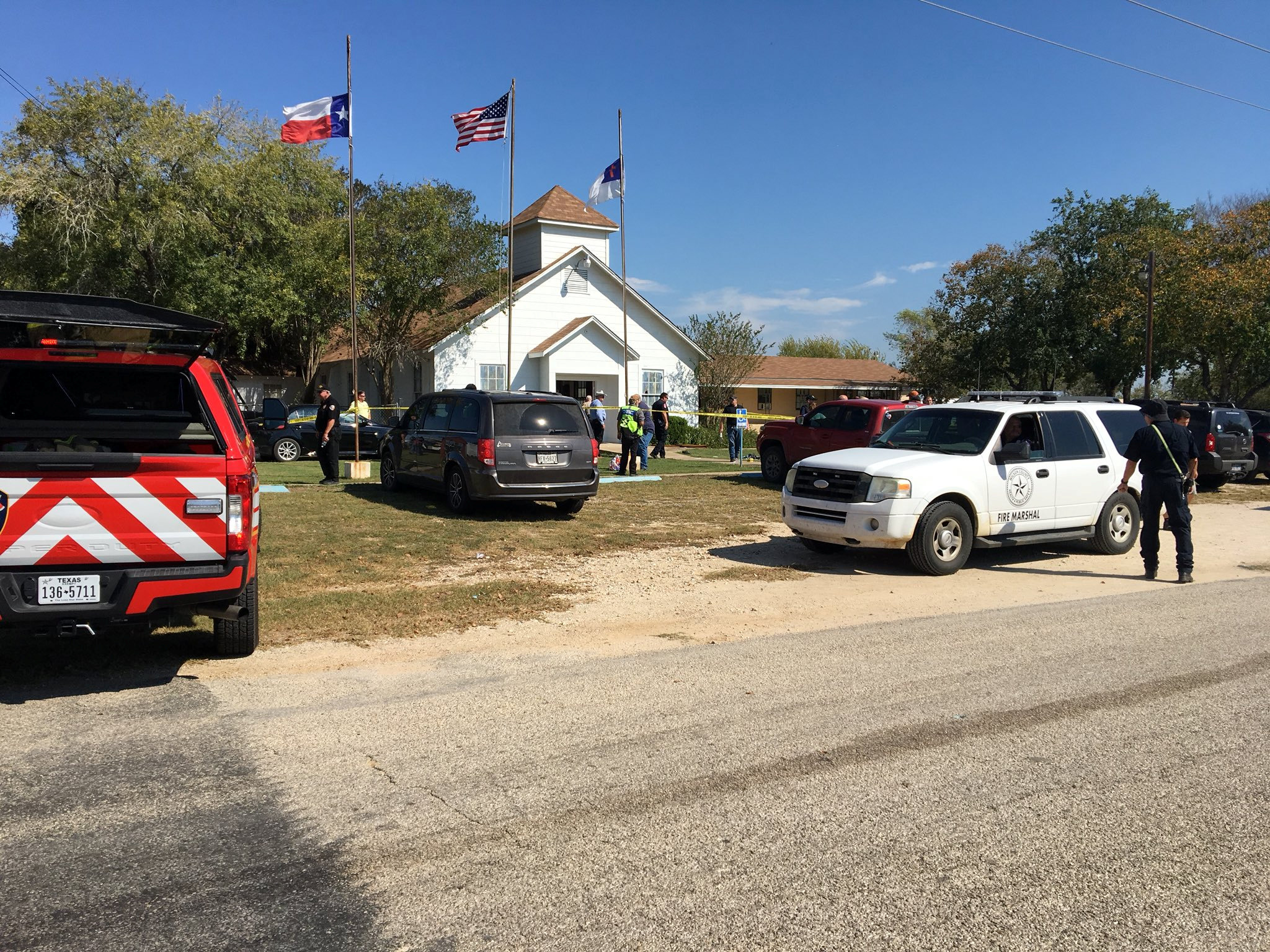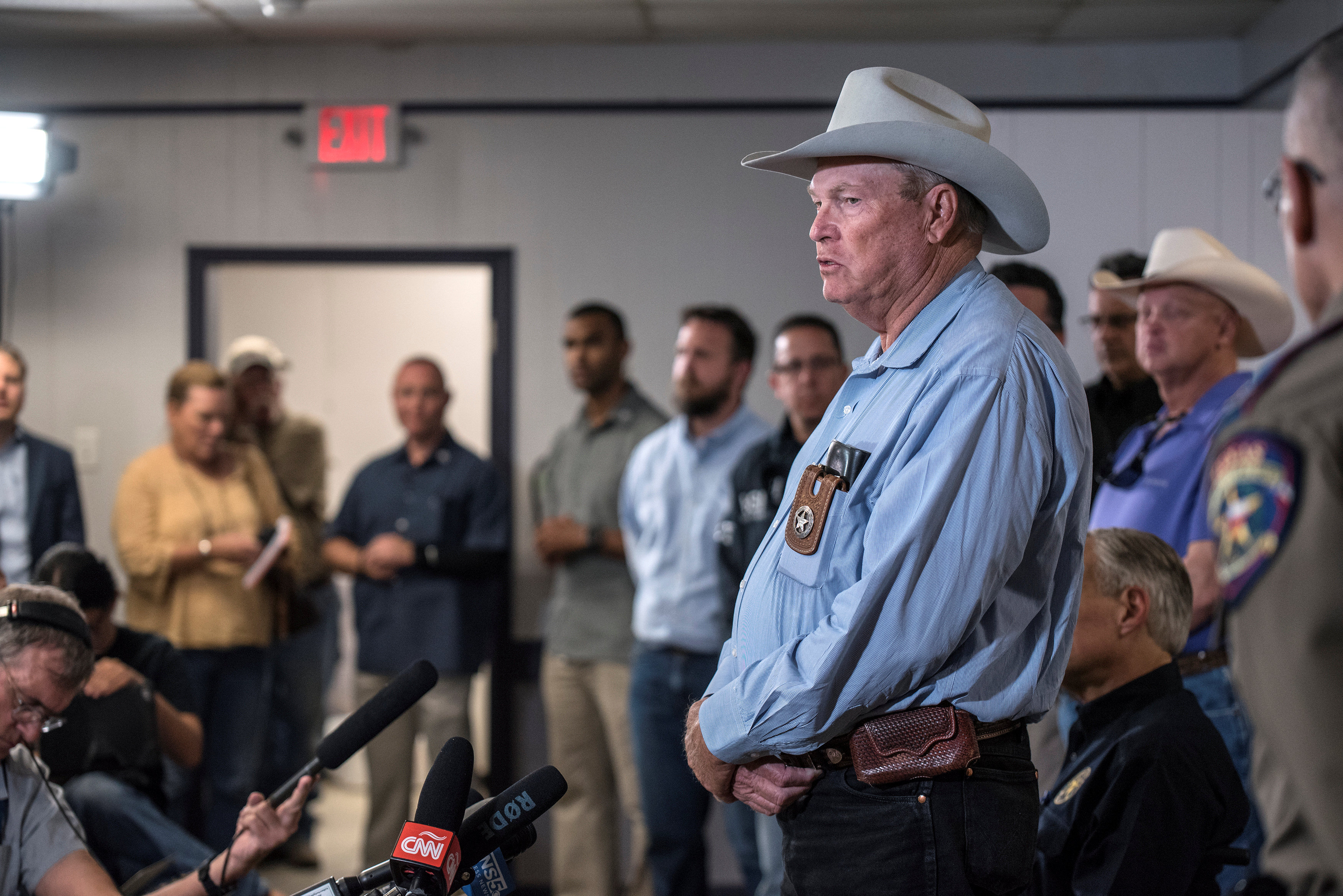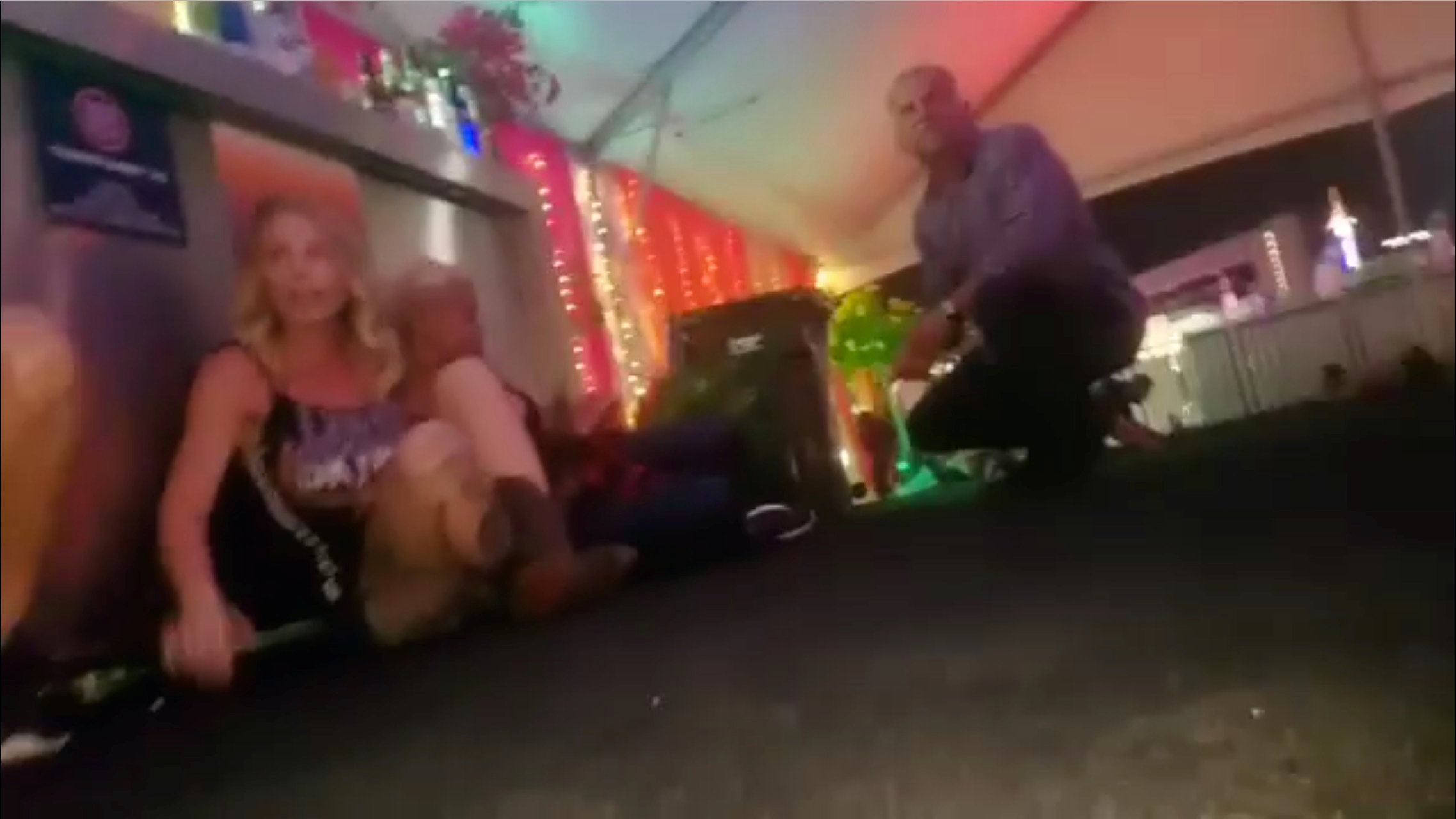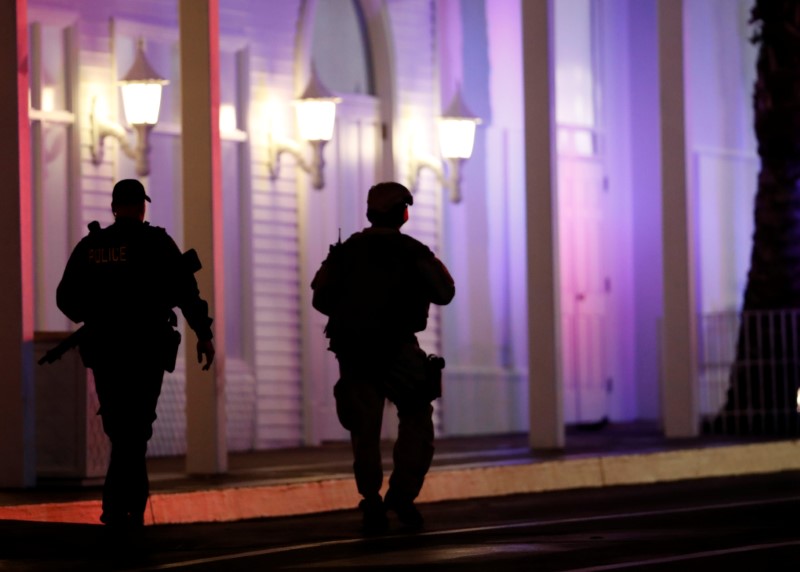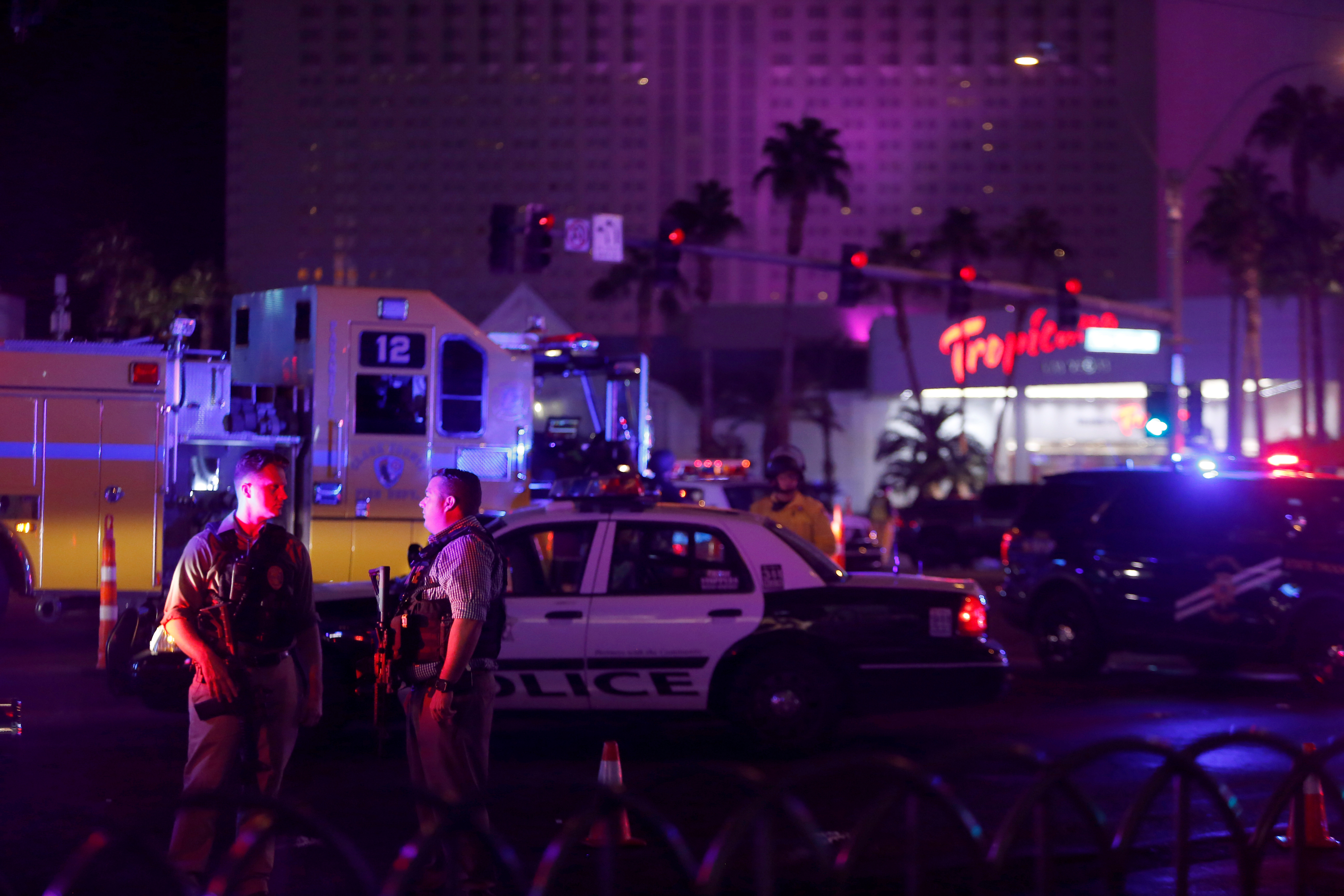
By Lizbeth Diaz
MEXICO CITY (Reuters) – Human rights activist Juan Carlos Soni fears a new security law passed by Mexico’s Congress on Friday could mean his death after he suffered beatings, electrocution and abduction at the hands of the armed forces four years ago.
Bucking widespread protests from rights groups, Congress approved the Law of Internal Security, which will formally regulate the deployment of the military in Mexico more than a decade after the government dispatched it to fight drug cartels.
Proponents of the law argue it is needed to delimit the armed forces’ role in combating crime, while critics fear it will enshrine their purview, encouraging greater impunity and abuses in a country where justice is often notoriously weak.
Multiple human rights groups and international organizations, including the United Nations, attacked the bill, mindful of the dozens of reported cases of abuses by members of the military in Mexico over the past 11 years.
Soni, 46, a teacher from the central state of San Luis Potosi, whose case was documented by Mexico’s national human rights commission, related how in 2013 he was detained, blindfolded and tortured by marines after being warned by them to stop looking into alleged rights abuses.
While being held in a cellar, Soni said, he was made to leave fingerprints on guns and bags of marijuana and cocaine.
He was then arrested on charges of carrying an illegal weapon and drug possession, and spent 16 months in prison until he was released with the aid of U.N. representatives in Mexico.
“If they give them that power and send out the Navy again, I’m going to seek political asylum in another country,” Soni told Reuters shortly before the law passed Congress. “Much though I love my country, if I stay, they’ll kill me.”
The Navy subsequently acknowledged participating in abuses against Soni, but he said he has yet to receive any restitution.
The Navy did not immediately reply to request for comment.
“THE JOB WE WERE ASKED TO DO”
Well over 100,000 people have been killed in turf wars between the gangs and clashes with security force since former President Felipe Calderon first sent in the military to combat drug gangs shortly after taking office in December 2006.
Reports of abuse gradually crept up as the battle with the cartels intensified, and tens of thousands of people have gone missing or disappeared in the tumult.
Many of the most damaging scandals, from extra-judicial killings of suspected gang members to questions over the army’s failure to stop the disappearance of 43 students near a base in 2014, have come under President Enrique Pena Nieto.
Opponents of the military deployment say it has undermined trust in one of the most respected institutions in Mexico, as exposure to sickening violence and organized crime corroded the Army and the Navy just as it had the police.
“We don’t want to be on the streets, but this is the job we were asked to do,” said a soldier who asked to remain anonymous because he was not authorized to speak publicly.
Noting that personnel were often separated from their families for long periods, the soldier said the task of attempting to keep order was made harder by the lack of regulations governing how the military should proceed.
“It should be the police who are doing this, but they don’t have the necessary training,” he said.
Under Calderon and Pena Nieto, the armed forces played a major role in capturing or killing most of the top capos in Mexico. But they have not managed to pacify the country.
October was the most violent month on record since the government began keeping regular monthly tallies 20 years ago.
Relatives of the victims of abuses believe the new law will only give the military more cover to do what it wants.
“The Law of Internal Security won’t just protect them, it offers them more faculties to carry out human rights violations masquerading as security operations,” said Grace Mahogany Fernandez, whose brother was kidnapped and disappeared by the armed forces in December 2008 in the northern state of Coahuila.
(Editing by Dave Graham and Leslie Adler)

